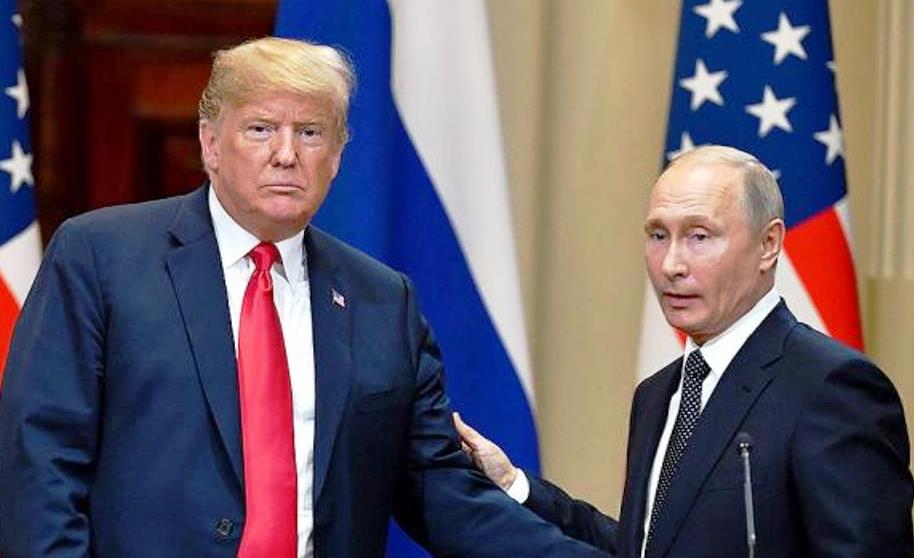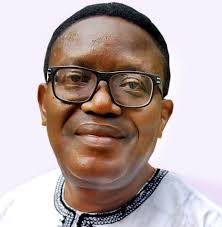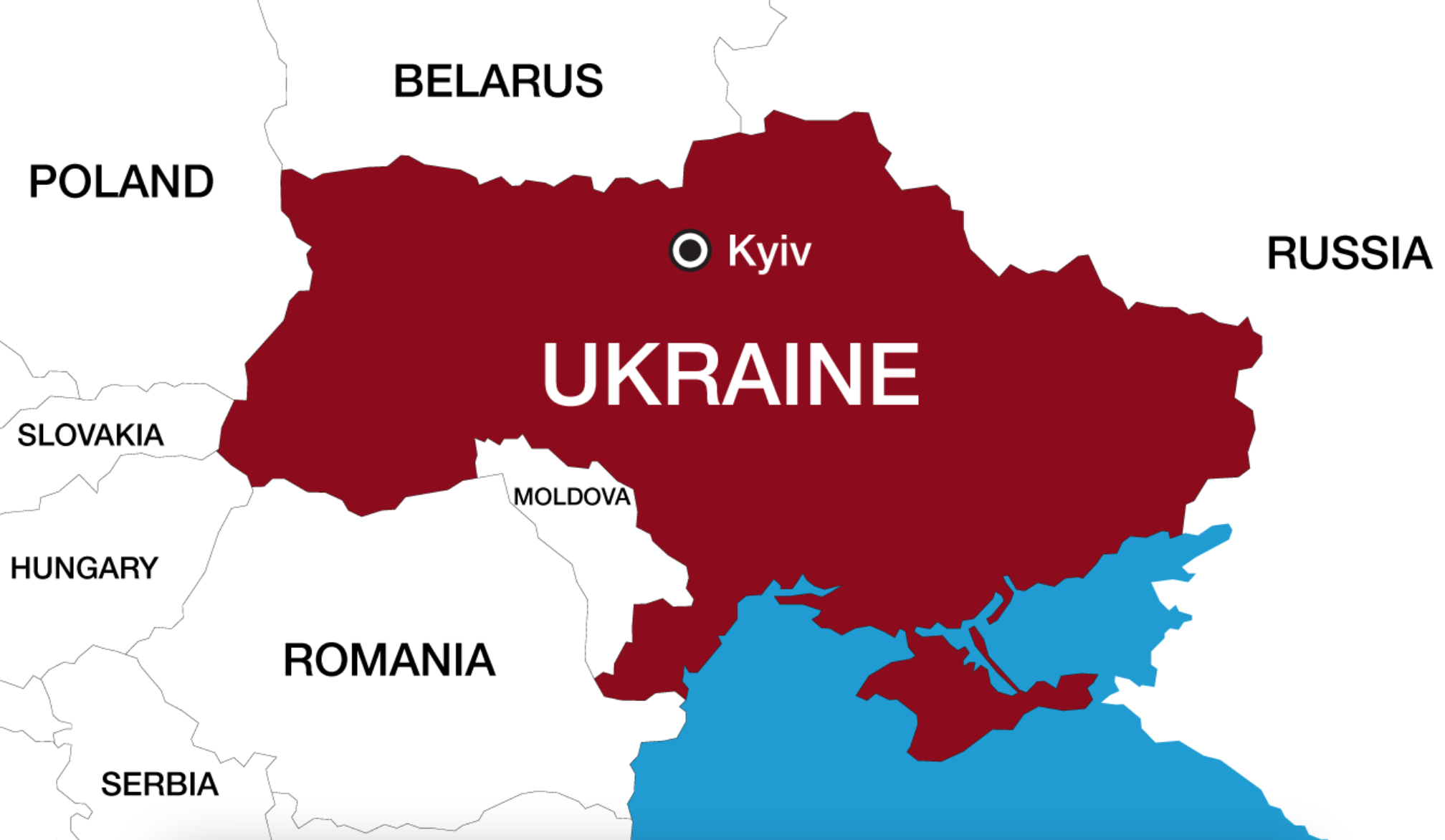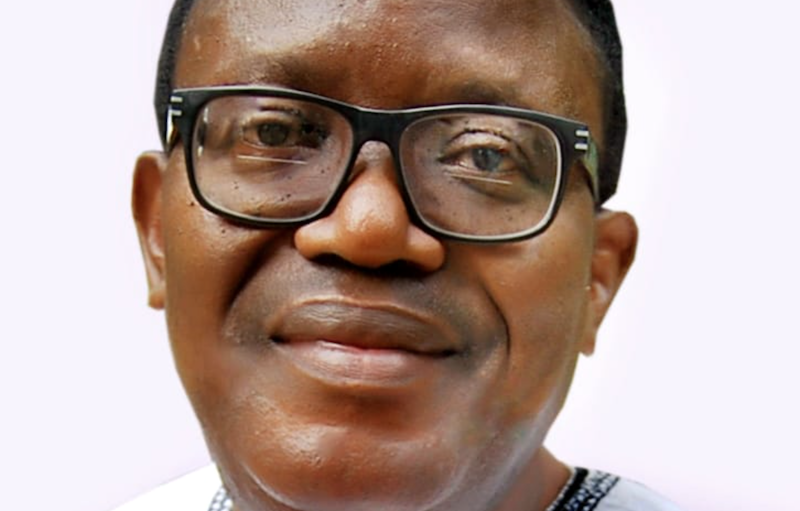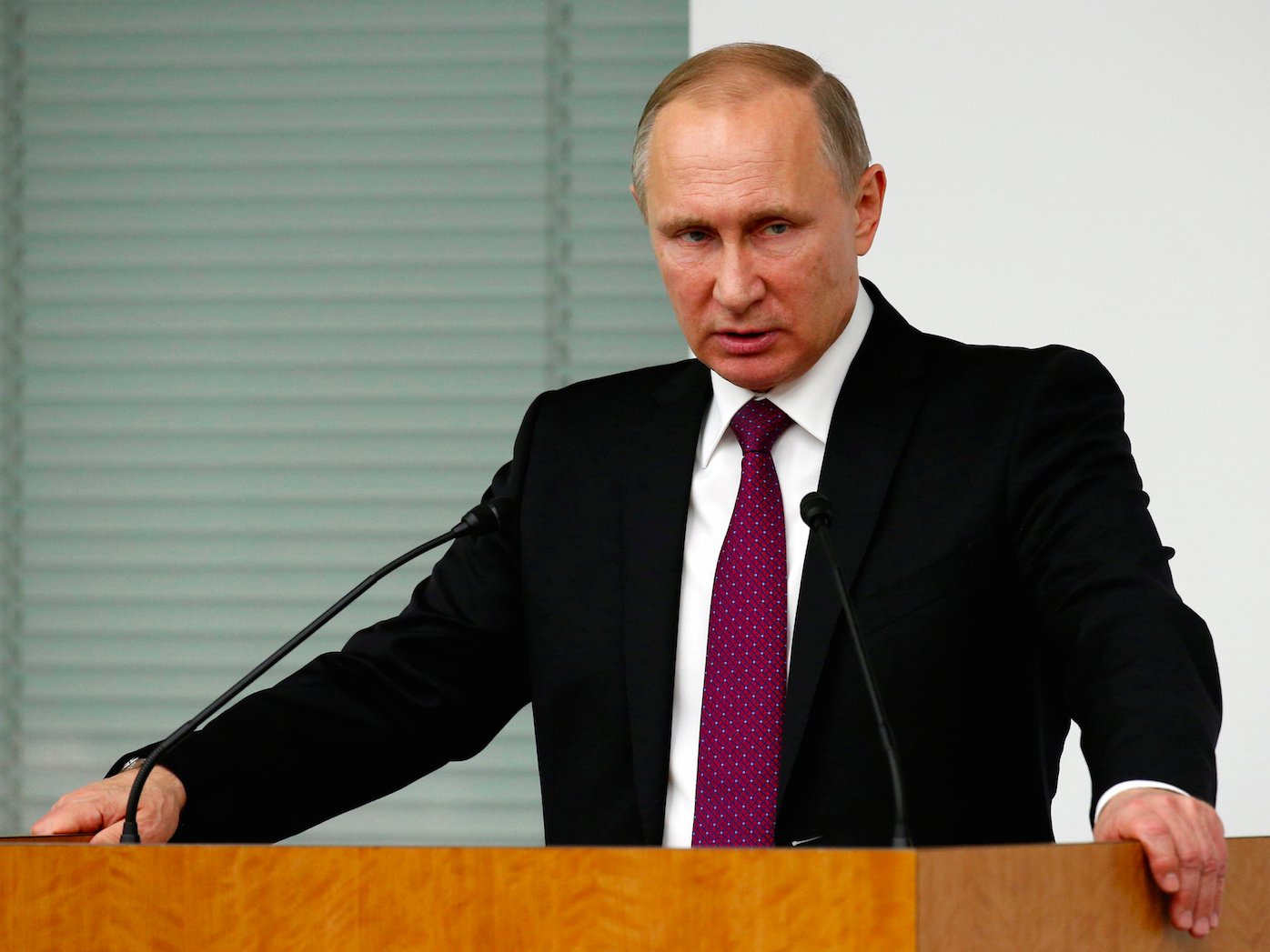U.S. President Donald Trump has fired at his Russian counterpart, Vladimir Putin, accusing him of wanting all of Ukraine and saying he has gone absolutely crazy.
TheNewsGuru.com (TNG) reports Trump to have said Putin is “needlessly killing a lot of people” and that “missiles and drones are being shot into cities in Ukraine for no reason whatsoever”.
“I’ve always had a very good relationship with Vladimir Putin of Russia, but something has happened to him. He has gone absolutely crazy!
“He is needlessly killing a lot of people, and I’m not just talking about soldiers. Missiles and drones are being shot into cities in Ukraine, for no reason whatsoever,” Trump stated via Truth Social.
Recall the U.S. President had said his personal intervention was needed to push peace efforts forward between Russian and Ukraine.
Last Monday he held separate talks over the phone with Putin and Ukrainian President Volodymyr Zelenskyy.
The phone calls with leaders of Russia and Ukraine deepened expectations that progress might soon be made on ending the more than three-year war.
Following the phone calls, Trump said Russia and Ukraine will “immediately” begin ceasefire negotiations.
Although, there was no detail on exactly when or where such talks might take place and who might attend them.
However, it seems there is no headway yet.
“I’ve always said that he wants all of Ukraine, not just a piece of it, and maybe that’s proving to be right, but if he does, it will lead to the downfall of Russia,” Trump stated.
In his post on Sunday, Trump went on to blame Zelenskyy for contributing to the endless war in Ukraine, saying “everything out of his mouth causes problems”.
The U.S. President advised the Ukrainian President to stop making comments capable of inflaming the war further.
“Likewise, President Zelenskyy is doing his country no favors by talking the way he does. Everything out of his mouth causes problems, I don’t like it, and it better stop.
“This is a war that would never have started if I were President. This is Zelenskyy’s, Putin’s, and Biden’s war, not “Trump’s”.
“I am only helping to put out the big and ugly fires, that have been started through gross incompetence and hatred,” Trump stated.
Meanwhile, a recent Russia’s attack in Kyiv with an hour-long barrage of missiles and drones, killed nine people and injured more than 70.
This was said to be the deadliest assault on the Ukrainian capital since July 2024, and just as peace efforts were coming to a head.
Zelenskyy said after the attack in April, that he was cutting short his official trip to South Africa and returning home as the city reeled from the bombardment that kept residents on edge for about 11 hours.
Zelenskyy said this appeared to be Russia’s biggest attack on Kyiv in nine months and called it one of Russia’s “most outrageous.’’
The attack drew a rare rebuke of Russian President Vladimir Putin from President Trump, who said he was “not happy” with it.
“Not necessary, and terrible timing. Vladimir, STOP!” Trump wrote on his social media platform, Truth Social.
However, senior U.S. officials have warned that the Trump administration could soon give up its efforts to stop the war if the two sides don’t compromise.
Kyiv Mayor Vitalii Klitschko announced an official day of mourning in the capital, following the strike.
The Ukrainian air force said Russia fired 66 ballistic and cruise missiles, four plane-launched air-to-surface missiles, and 145 Shahed and decoy drones at Kyiv and four other regions of Ukraine.
Rescue workers with flashlights scoured the charred rubble of partly collapsed homes as the blue lights of emergency vehicles lit up the dark city streets.
